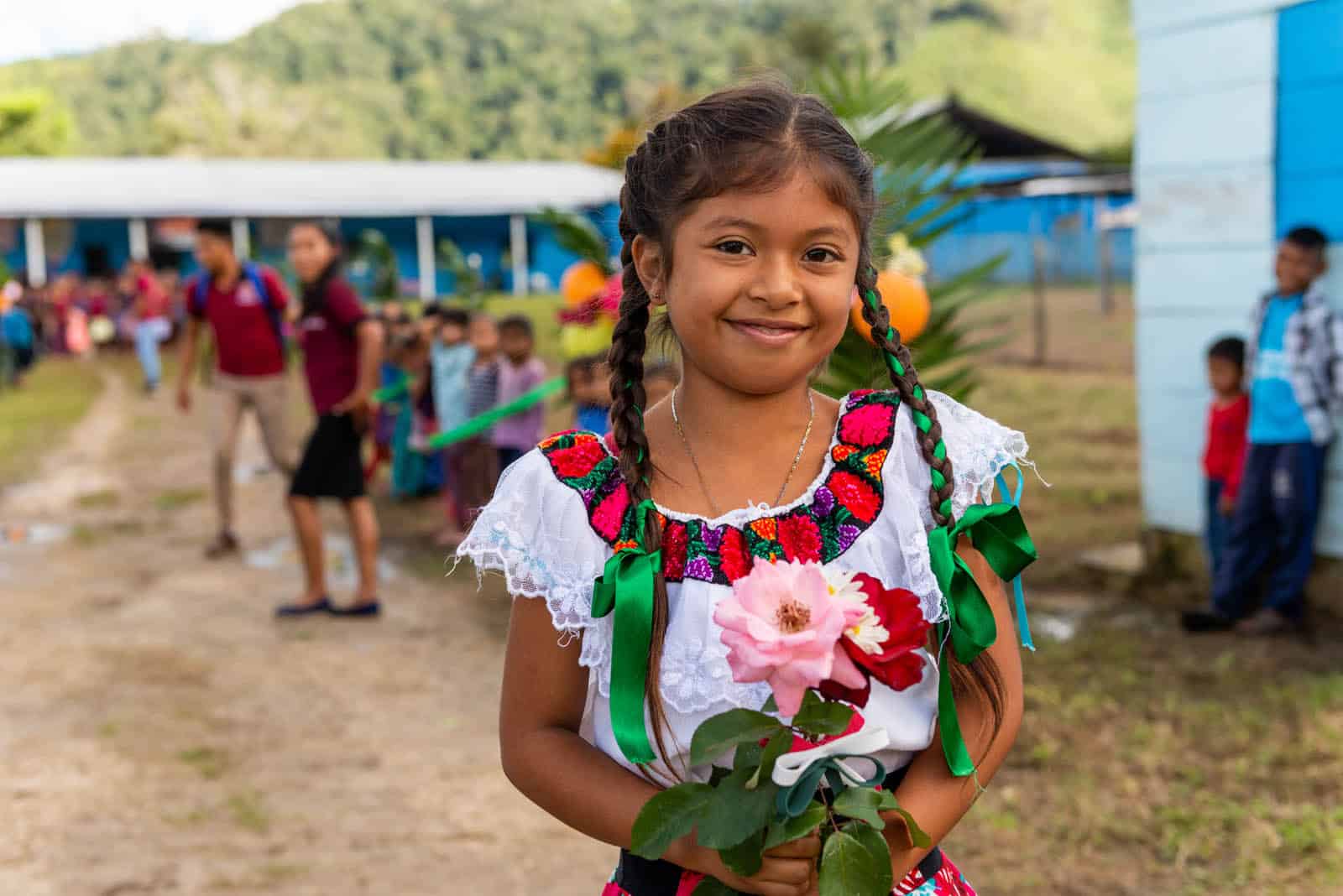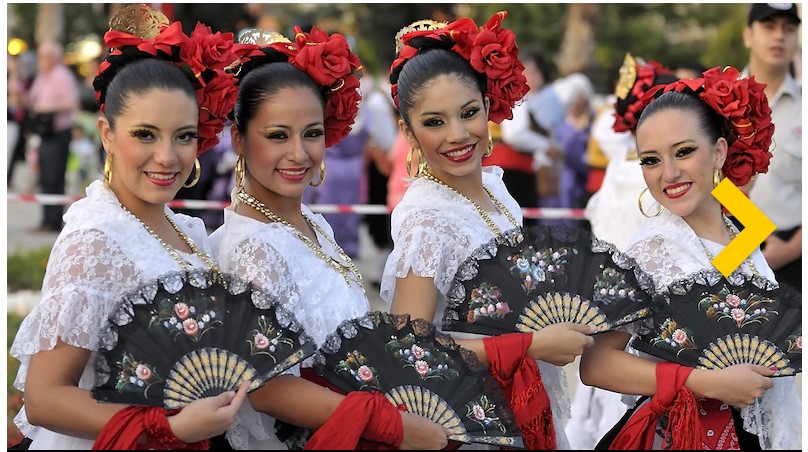Surrogacy in Mexico
In 2021 the Mexican Supreme Court declared surrogacy a protected medical procedure. Mexican Surrogacy is an option for singles and couples of all sexual orientations seeking to have a family through an affordable arrangement.
Even though surrogacy is protected by the Courts, some states have been slow to implement the mandate. As a result, surrogacy in Mexico is still only supported in select regions. Intended Parents should consider programs in these friendly jurisdictions.
In Mexico only gestational surrogacy is permitted, which means the surrogate cannot use her own eggs.
Mexico is a developing country, however is an affordable international surrogacy option. Some full-service agencies have been operating there for a decade and have a proven track record, with programs one-third the cost of the United States
Growing Families can help you understand Mexican surrogacy, and your other international options, with an Assessment & Support Consultation. These are customised meetings that explore your individual options, based on your needs. If you have any queries or would like to book a meeting please get in touch.
Who can build a family in Mexico?
How does surrogacy in Mexico work?
There are an increasing number of surrogacy service providers in Mexico, especially in Cancun and Mexico City. Egg donors must be anonymous. If you require a non-Mexican donor, it is possible to engage a Caucasian or Asian egg or sperm donor. This may be in the form of fresh or frozen eggs.
After birth, it takes about 1-2 days to register the newborn according to Mexican law. Given a court order is not available, international surrogacy in Mexico is only possible if at least one genetic parent is also a citizen of the baby’s country of residency governments also require a DNA test to be performed on the newborn post-birth to prove paternity and allow citizenship and/or travel documents to be processed.
The child receives Mexican citizenship and eventually a Mexican passport, however this takes an extended period, so it is quicker to apply for travel documents for your own country and have your newborn travel home on these. While the Mexican rules are that the child should leave on a Mexican passport, in practice this is waived. Depending on their country of origin, intended parents should plan to be in Mexico for 3 to 12 weeks post birth. You may require migration agent support.
How do I choose which agency to work with?
Professional support is vital to ensure your surrogate is not only well screened but can access counseling and other support in the lead up, during and after pregnancy.
It is vital to talk to experts about options before engaging to ensure you, your surrogate and your newborn baby will be well looked after
Ensure agency staff speak your language. This is important so you can understand how the service provider screens surrogates and how your surrogate is supported throughout the journey, as well as the support you will be given.
Ensure your agency has access to lawyers, psychologists, support workers, translators and local IVF clinic partners who can support you and your surrogate. It is also important to understand the risks (e.g. failed transfers, miscarriage, premature birth). Make sure you feel confident that your service provider will safeguard the interests of you, your baby and your surrogate.
Growing Families have years of experience in international cross-border surrogacy and worldwide connections with surrogacy professionals. We can advise on what to look for if you are considering surrogacy in Mexico and what other hurdles and risks you need to consider.


What is the wait time for a Mexican surrogate match?
Match times depend on which agency you use. Agencies which compensate surrogates at a higher level, such as Miracle Surrogacy, have a surplus of fully-screened surrogates, with no wait time. Some agencies have wait times to be matched of up to four months.
In the meantime, you may choose to select a donor and create or ship your embryos.
How much does surrogacy in Mexico cost?
Surrogacy costs vary depending on the IVF clinics, and the number of services taken by intended parents. Typically costs ranges between US$50,000 to US$80,000.
Selecting a transparent, reputable agency with a proven track record is important to avoid hidden costs.
Growing Families can help you plan and budget for Mexico surrogacy journey offering personal advice as part of our Assessment & Support Consultation.
Surrogate Care in Mexico
Surrogates in Mexico live in their own homes throughout the pregnancy. Agency staff ensure your surrogate and her family are cared for and provide legal, emotional and medical support.
Surrogates in Mexico undergo psychological screening, infectious disease screening, and a uterine evaluation before embryo transfer. Their care includes regular visits from a social worker, support counselling, and direct contact with the intended parents throughout the pregnancy.

Mexico surrogacy laws and legal parenthood
In Mexico individual states regulate surrogacy laws. This is similar to the United States, Canada and Australia. The Supreme Court declared surrogacy a protected medical procedure in late 2021, and supported both paid and altruistic surrogacy, so it is now up to individual states to come up with their own regulations.
Surrogacy in Mexico is only possible if at least one genetic parent is also a citizen of the baby’s country of residence. Intended Parents who use both an egg and sperm donor (and thus have no genetic relationship to the baby) may be unable to apply for the baby’s citizenship and passport to return home.
At least one of the genetic parents must be a citizen of the baby’s destination country.
Fertility clinics in Mexico
Egg, sperm and embryo donation are legal in Mexico and there are plenty of IVF clinics offering such treatment to international patients. However few clinics have surrogacy services.
Many will perform multiple embryo transfers at the intended parents’ request. Unlike many regions, Mexican clinics will also support gender selection.
However unlike the USA or UK, independently verified success rate data is not available for Mexican IVF clinics.

Sperm & Embryo shipping to Mexico
Very few agencies in Mexico have the ability to ship embryos and semen into the country. It can be more costly Consult with Growing Families for additional information.
Engage with Growing Families
Potential parents often embark on alternate family building journeys without adequate understanding of the risks. That’s where Growing Families comes in. Our team has been helping international families since 2012, with over 3000 successful cases, our team has been helping international families since 2012. We draw on our global experience to help you choose the best option for your unique situation.
Our Assessment and Support Consultation Packages offer a secure pathway with personalised guidance and care. Fill out our assessment form, and we’ll reach out for a 15-minute consultation.
Want to learn more? Join us for one of our regular events, featuring expert service providers, surrogates, and recent parents. Check out our Event Schedule for upcoming dates near you.
Trust Growing Families to support your surrogacy journey.

